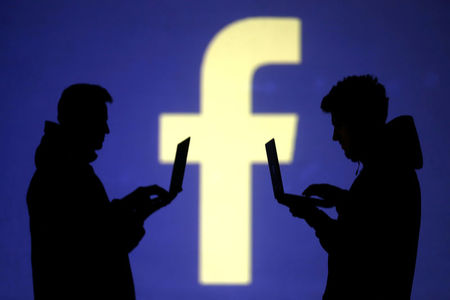Supreme court rules TikTok must be sold or face U.S. ban
2025.01.17 10:17

Investing.com — The U.S. Supreme Court has ruled against TikTok, upholding a law that requires the short-video app to be sold by its Chinese parent company, ByteDance, or face a ban in the United States. This law, passed by a bipartisan majority in Congress last year and signed by President Joe Biden, was upheld on national security grounds, a significant setback for a platform used by nearly half of all Americans.
The justices found that the law does not violate the First Amendment protection against government abridgment of free speech. This overturned a previous decision by a lower court that had upheld the measure after it was challenged by TikTok, ByteDance, and some of the app’s users.
The court stated that while TikTok offers a unique and extensive outlet for expression, engagement, and community for more than 170 million Americans, Congress has deemed divestiture necessary due to national security concerns related to TikTok’s data collection practices and its relationship with a foreign adversary.
The Supreme Court acted quickly on the case, holding arguments on January 10, just nine days before the deadline set under the law. The case highlighted the tension between free speech rights and national security concerns in the age of social media.
TikTok is a major social media platform in the United States, used by about 270 million Americans, including many young people. The platform’s powerful algorithm feeds individual users short videos tailored to their preferences.
The app’s Chinese ownership has raised concerns among American leaders due to the economic and geopolitical rivalry between China and the United States. The TikTok controversy has unfolded during the final days of Biden’s presidency, a time of increasing trade tensions between the world’s two largest economies.
The Biden administration has stated that the law targets control of the app by a foreign adversary, not protected speech. TikTok could continue to operate as it is if it is freed from China’s control. Elizabeth Prelogar, a Justice Department lawyer, argued that Chinese government control of TikTok poses a significant threat to U.S. national security, alleging that China compels companies like ByteDance to secretly turn over data on social media users and execute Chinese government directives.
TikTok and ByteDance, along with some users who post content on the app, challenged the measure and appealed to the Supreme Court after losing on December 6 at the U.S. Court of Appeals for the District of Columbia Circuit.
Incoming President Donald Trump has expressed his opposition to the ban, a reversal from his first term when he sought to prohibit TikTok. Despite Trump’s pledge to “save” TikTok, many of his Republican allies supported the ban.
TikTok CEO Shou Zi Chew will attend Trump’s inauguration on Monday. TikTok has argued that the law threatens the First Amendment rights of it, its users, and all Americans. The company has warned that the ban would impact its user base, advertisers, content creators, and employee talent. TikTok has 7,000 U.S. employees.
TikTok plans to shut U.S. operations of the app on Sunday barring a last-minute reprieve. The law prohibits certain services to TikTok and other foreign adversary-controlled apps, including offering it through app stores such as Apple (NASDAQ:) and Alphabet (NASDAQ:)’s Google, effectively preventing its continued U.S. use without divestiture.
This article was generated with the support of AI and reviewed by an editor. For more information see our T&C.








